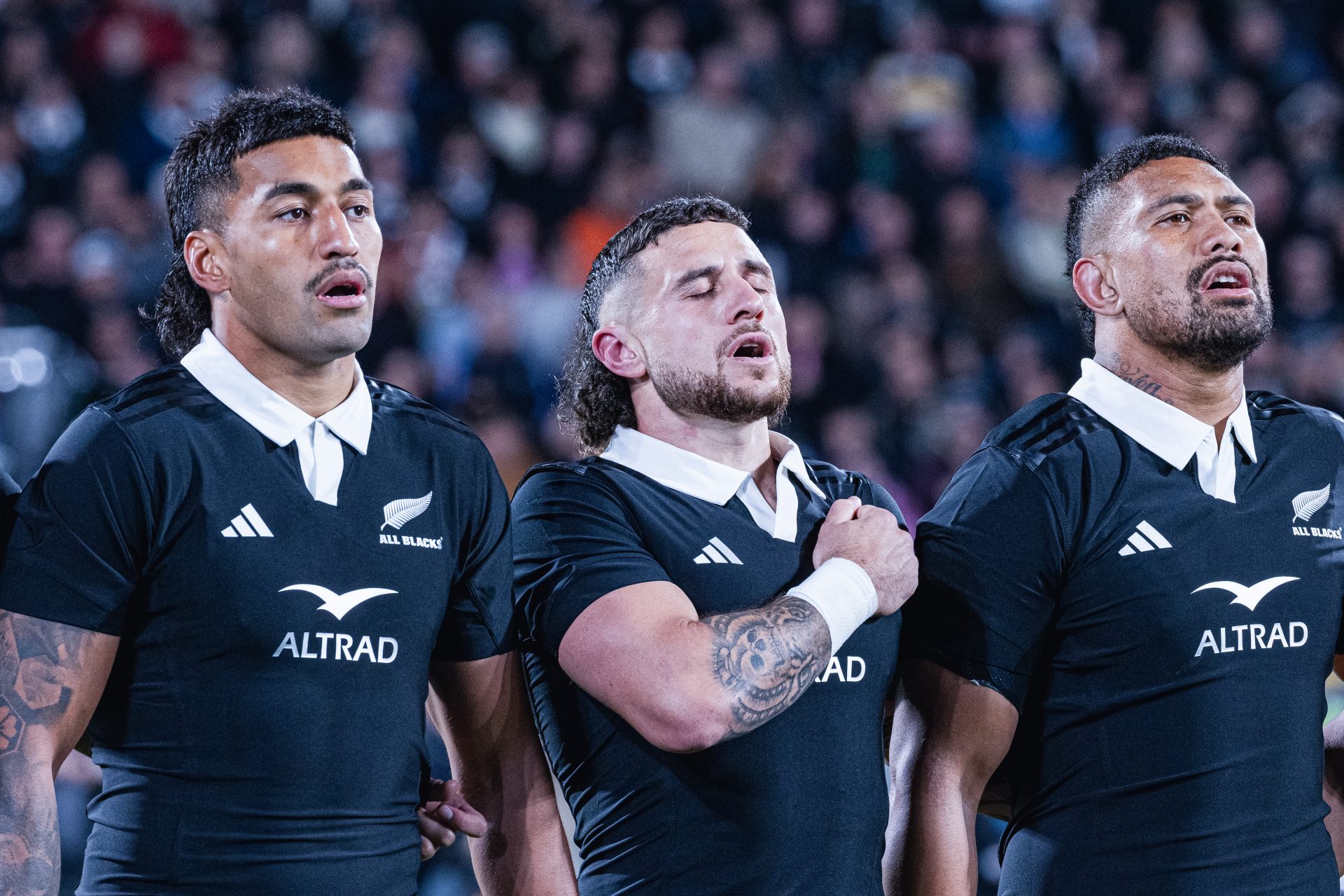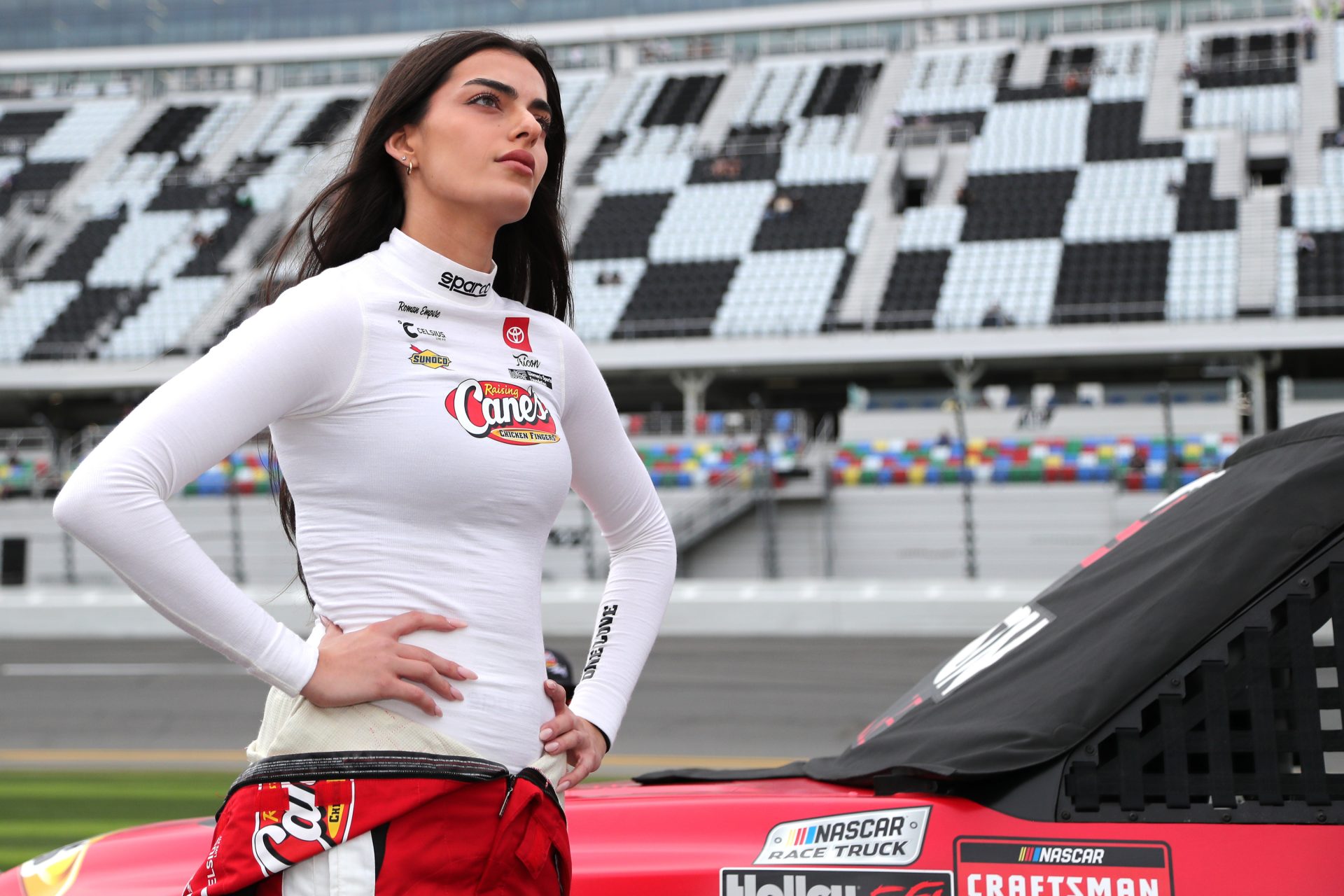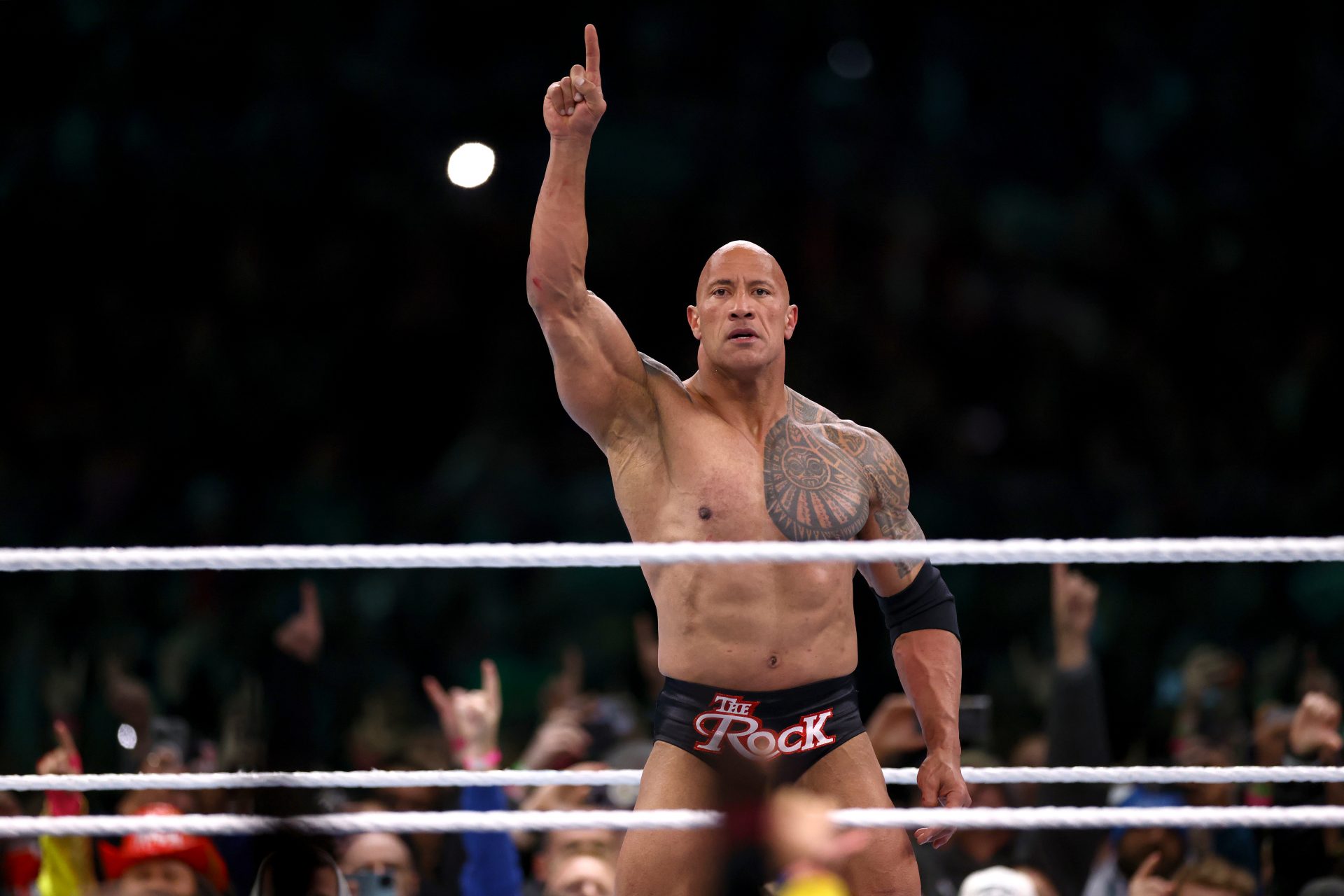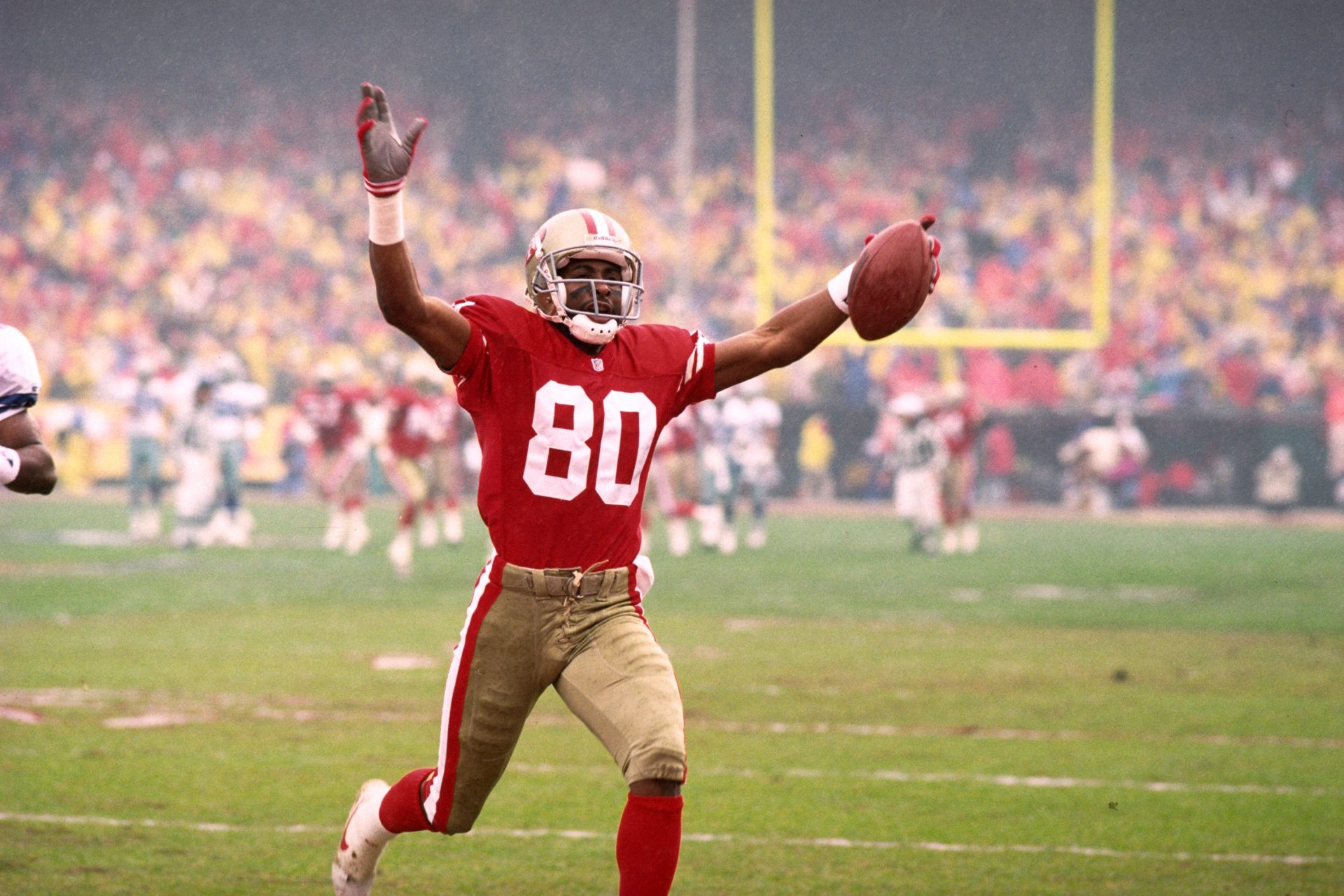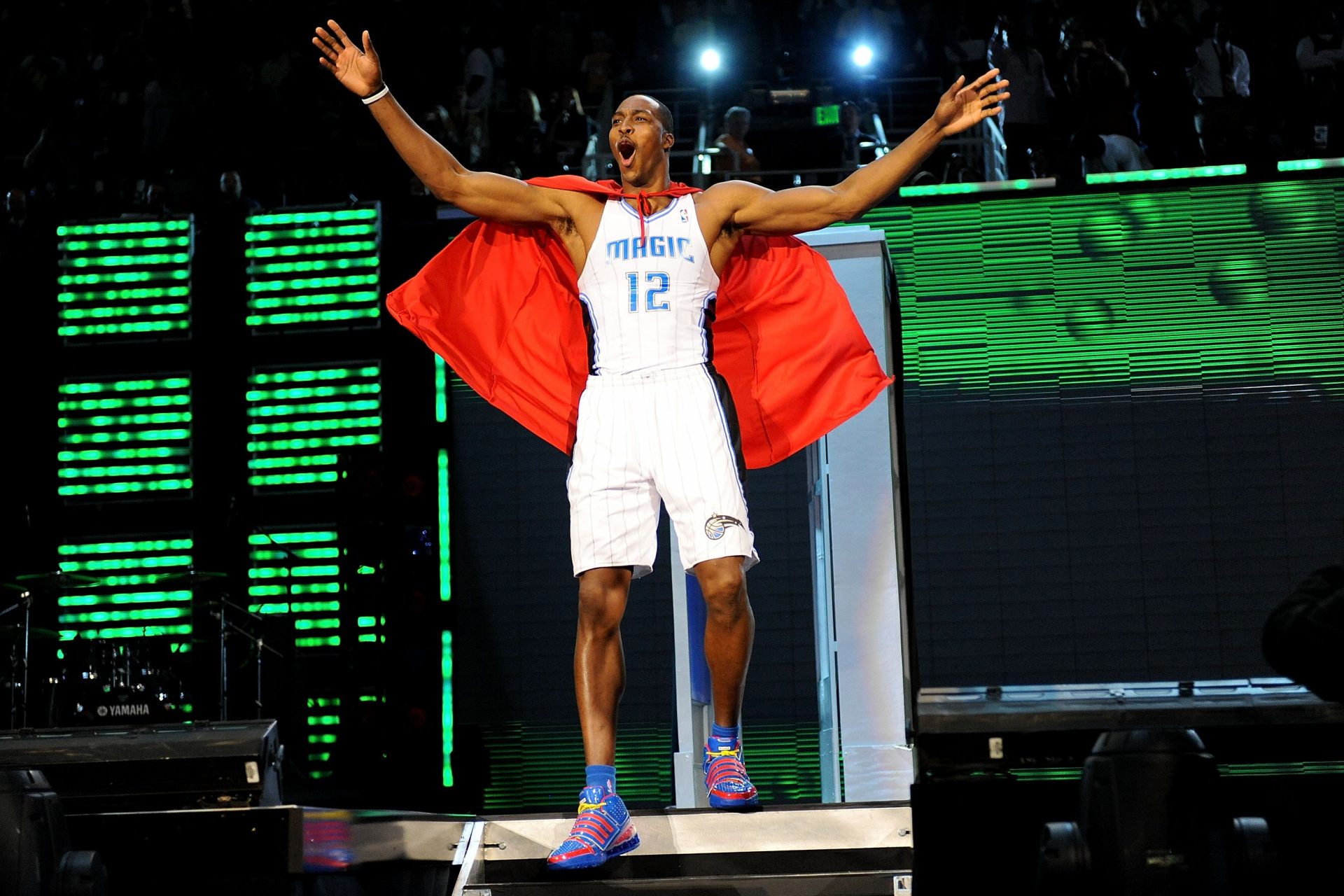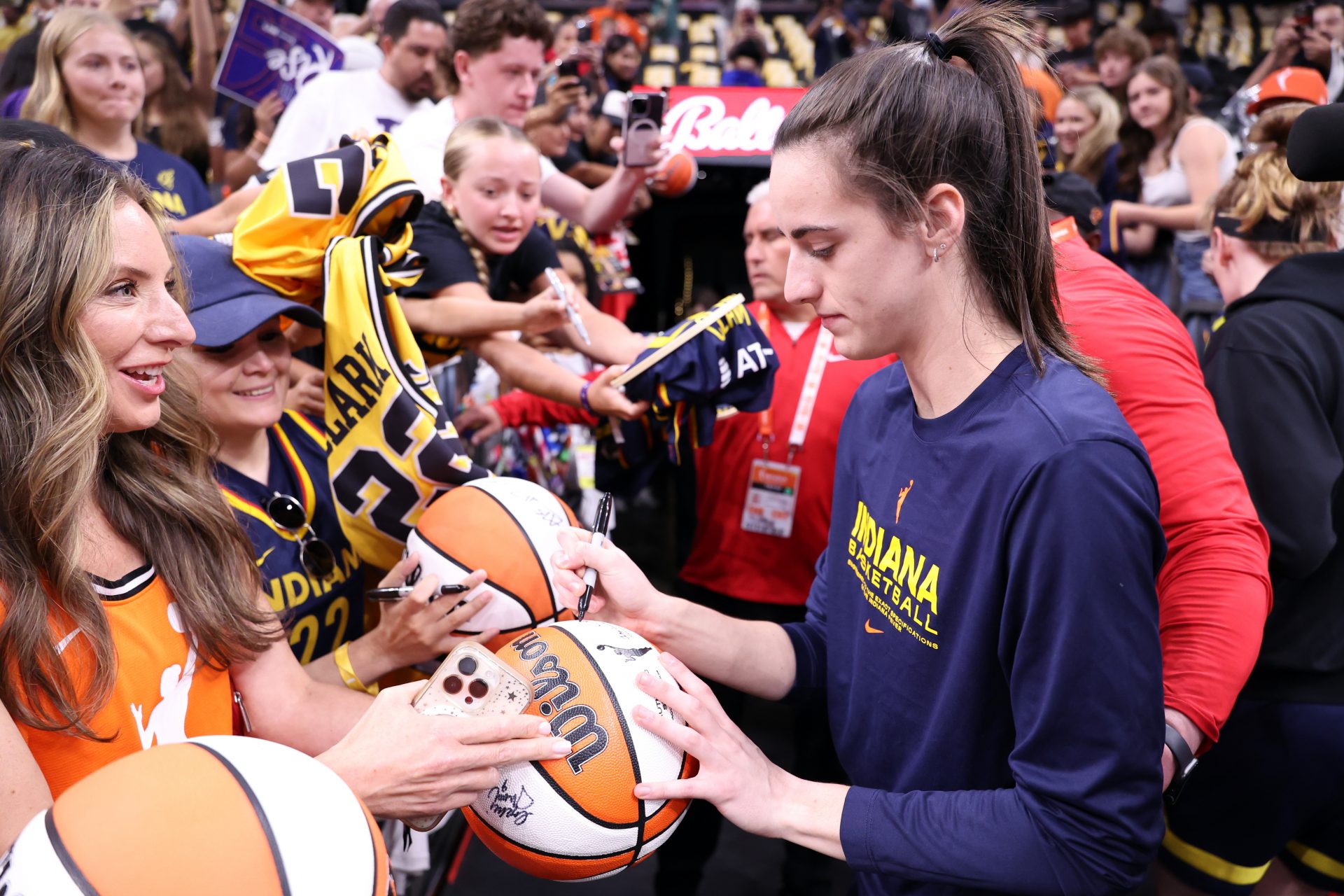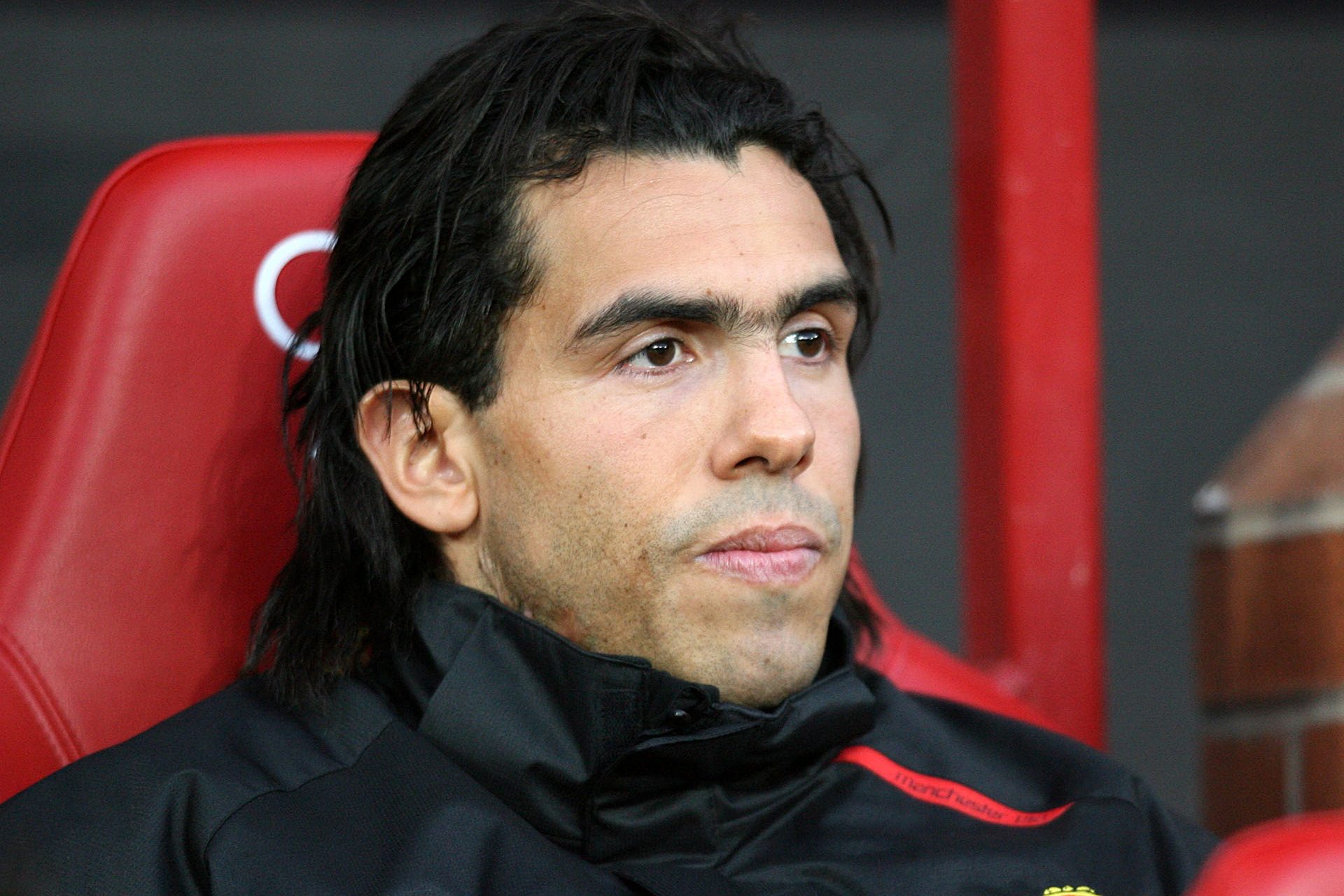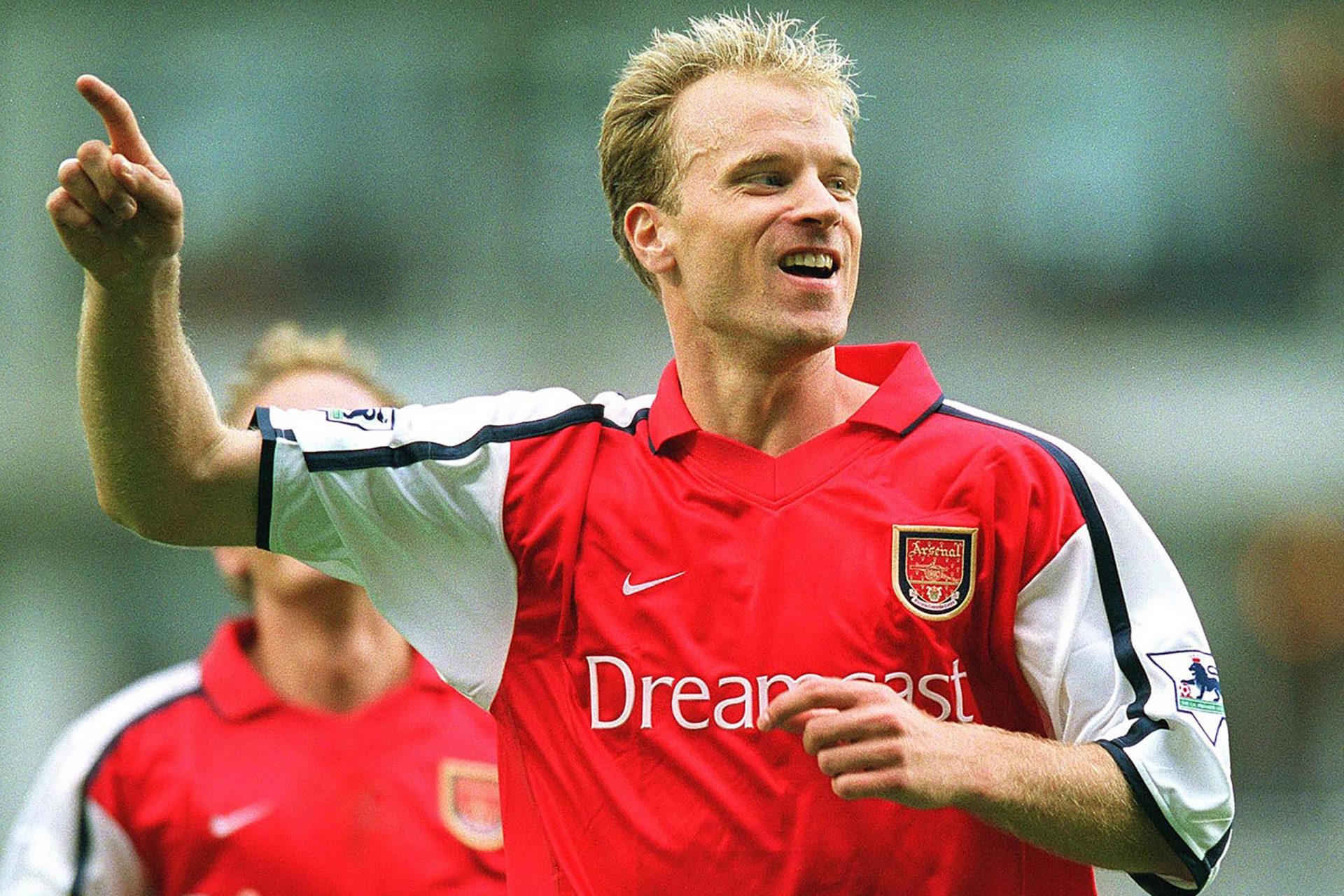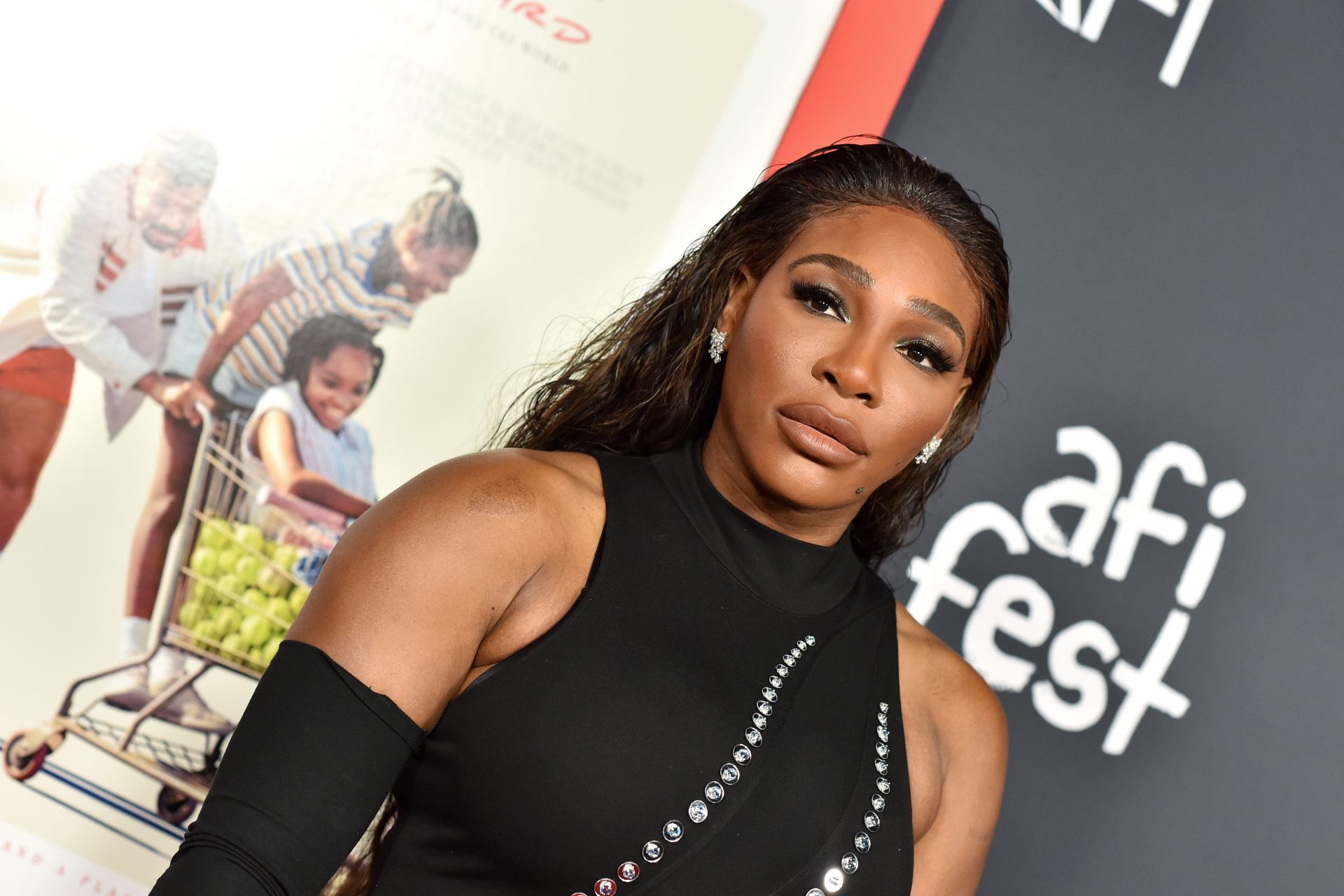Unpacking the biggest scandals in the All Blacks' history
As an institution, the All Blacks are one of the most if not the most successful teams in the history of sports – all sports, that is! But as beloved as they are – especially by New Zealanders – they are not exactly squeaky clean.
No organisation is perfect and the All Blacks have had their fair share of wrongdoings and scandals over the years. Let’s take a look at some of the All Black's lowest points.
One of the worst on-field indiscretions committed by an All Black has to be the spear tackle on Brian O’Driscoll during the Christchurch Lions v All Blacks opening test in the British and Irish side's 2005 tour of New Zealand.
Want to see more like this? Follow us here for daily sports news, profiles and analysis!
The infamous incident saw All Blacks captain Tana Umaga and Keven Mealamu lift the then-Lions captain and drive him head first into the ground way off the ball, ending his series inside the first minute. O’Drsicoll was stretchered off, having nearly broken his neck but was lucky have escaped with a broken shoulder.
O’Driscoll even told Wales Online later he thought he was about to die as he fell to the ground.
The incident was initially missed by referee Joel Jutge, but was caught on tape and picked apart months after the incident. As such the pair were not punished for the clear violation. Even worse, the footage shows what many sources, such as The Independent, say looks like a clear attempt to hurt O’Driscoll.
To add insult to injury, coach Sir Graham Henry and Umage turned up to the press conference after the game and refused to admit anything untoward had happened on the field, as told by rugbypass.com. While Umaga refused on many occasions to appologise for his part in the incidcent.
It was an unsportsmanlike act that continues to tarnish the All Blacks in the UK and Ireland to this day.
Want to see more like this? Follow us here for daily sports news, profiles and analysis!
One of the biggest off-field scandals to hit New Zealand rugby has to be Aaron Smith’s dallience with a female companion in a disabled toilet at Christchurch airport, following a test against South Africa in 2016.
The New Zealand Herald broke the story after being tipped off by a husband and wife who had caught the halfback in the act, incensed he was preventing them from usuing the baby changing facilities to pursue his own selfish interests.
It got even worse, as it was revealed the women was not his partner but a casual hook-up for Smith. The text messages between the two where Smith pleaded with her not to tell his girlfriend about the incident that soon emerged were not a good look either, to say the least.
Within hours of the story emerging, Smith made a tearful apology to his partner Teagan Voykovich for the indiscretion before he was sent home from South Africa, where he had just arrived. He was suspended from the game for one match for his misconduct.
Again Tana Umaga, and again in Christchurch (what is it with Christchurch?), this incident was widely covered in New Zealand at the time in 2006, but maybe not so much elsewhere.
The incident occured in the early hours of the morning following a Super 14 clash. Players from the Hurricanes were drinking heavily when the altercation between the former All Black captain Umaga and flanker Chris Masoe occurred.
The attack saw Umaga hit Masoe in the head with a woman’s handbag with such force it broke the cellphone inside. The attack allegedly left Masoe in tears, the New Zealand Herald reported.
In a more disturbing act of violence, winger Sevu Reece was found to have physically assaulted his girlfriend after an argument in their Hamilton home in 2019.
Reece is said to have chased her down on the street before taking her to the ground, leaving her bloodied and bruised. He was granted a discharge without conviction following a domestic violence charge, meaning he plead guilty but a conviction was not recorded as the court felt it would hurt his rugby career, The Sun reported at the time.
The incident gained continued to shock as Reece was still selected to play for the All Blacks, with coach Steve Hansen standing by Reece.
Speaking about the issue to Radio Sport, Hansen said: "I don't think there's one New Zealander that wouldn't have put him in the team."
It proved that even the most unforgivable things can be brushed over if you’re good enough to play for the All Blacks.
Due to apartheid in South Africa, it was the policy of the New Zealand Rugby Union not to select Māori players for tours to South Africa prior to 1970. The Springboks had a history of refusing to play against Moari men, and the lure of lucrative international tours was too much for to ignore.
This meant many of New Zealand’s best rugby players were not considered for these tours, and even after the rule changed in 1970, only a select few would be chosen for the tours in following years.
The New Zealand public, however, did not stand for it and mounting public pressure – culminating in intense protests of the 1981 Springbok tour of New Zealand – saw the All Blacks eventually take a stance against the apartheid regime.
This may say more about South Africa than it does New Zealand – which was, to their credit, the first nation to take a stance against racism in rugby – but it’s still an ugly era of the game for the All Blacks and one that they are keen to forget.
Want to see more like this? Follow us here for daily sports news, profiles and analysis!
More for you
Top Stories



